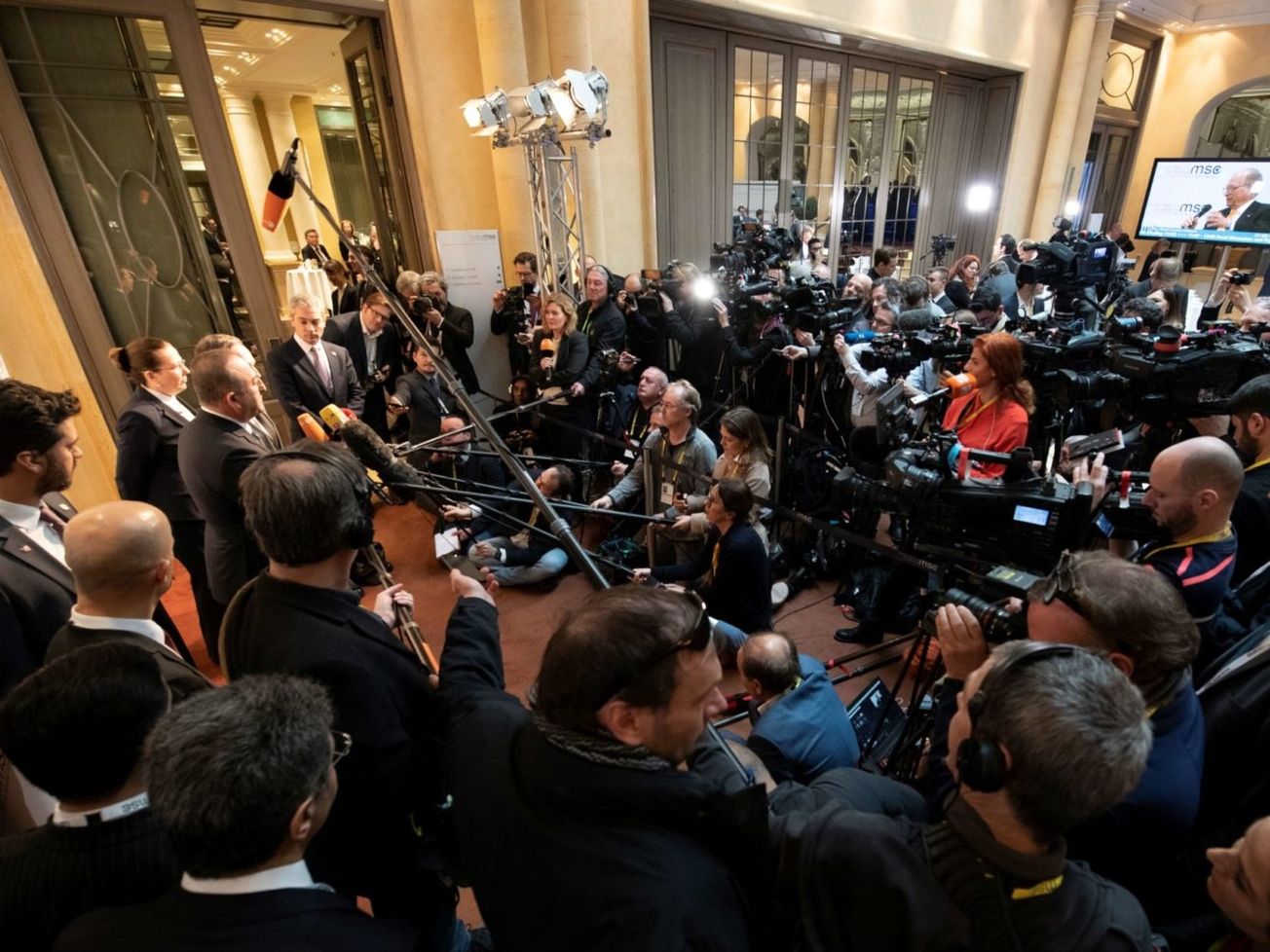Fears of a divided West challenged by China present a challenge and opportunity for multilateral institutions to show their importance, the world's diplomats concluded at a three-day summit in Munich that ended on Sunday.
The theme of this year's Munich Security Conference, a Davos-like elite gathering for diplomats to debate international security policy, was "Westlessness," a term meant to connote the risks and uncertainty of a new world potentially dominated by China rather than traditional Western powers.









